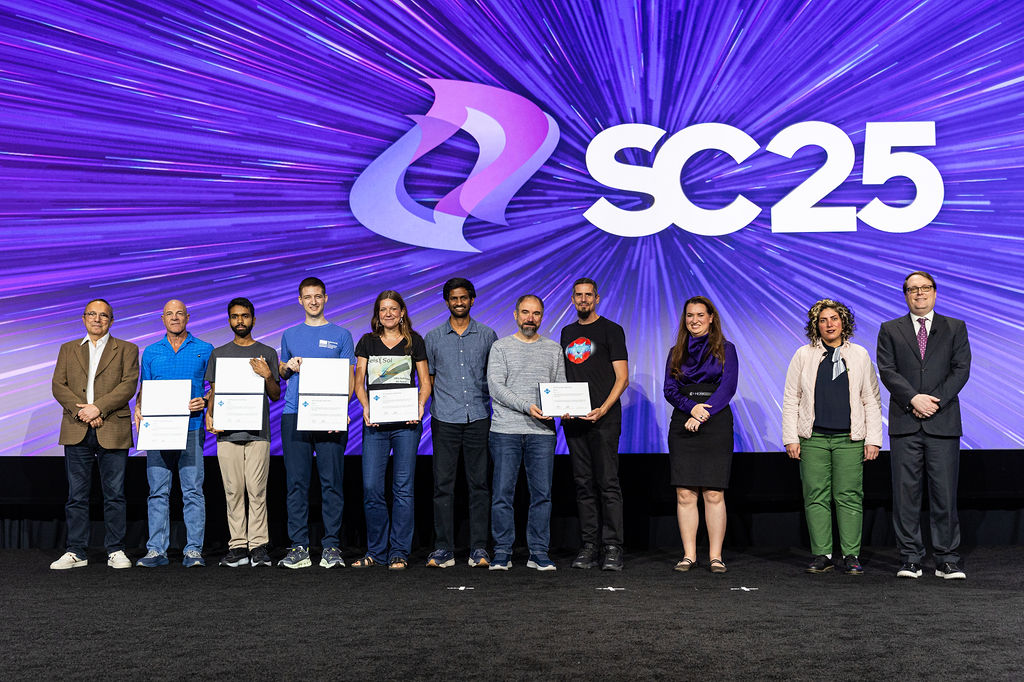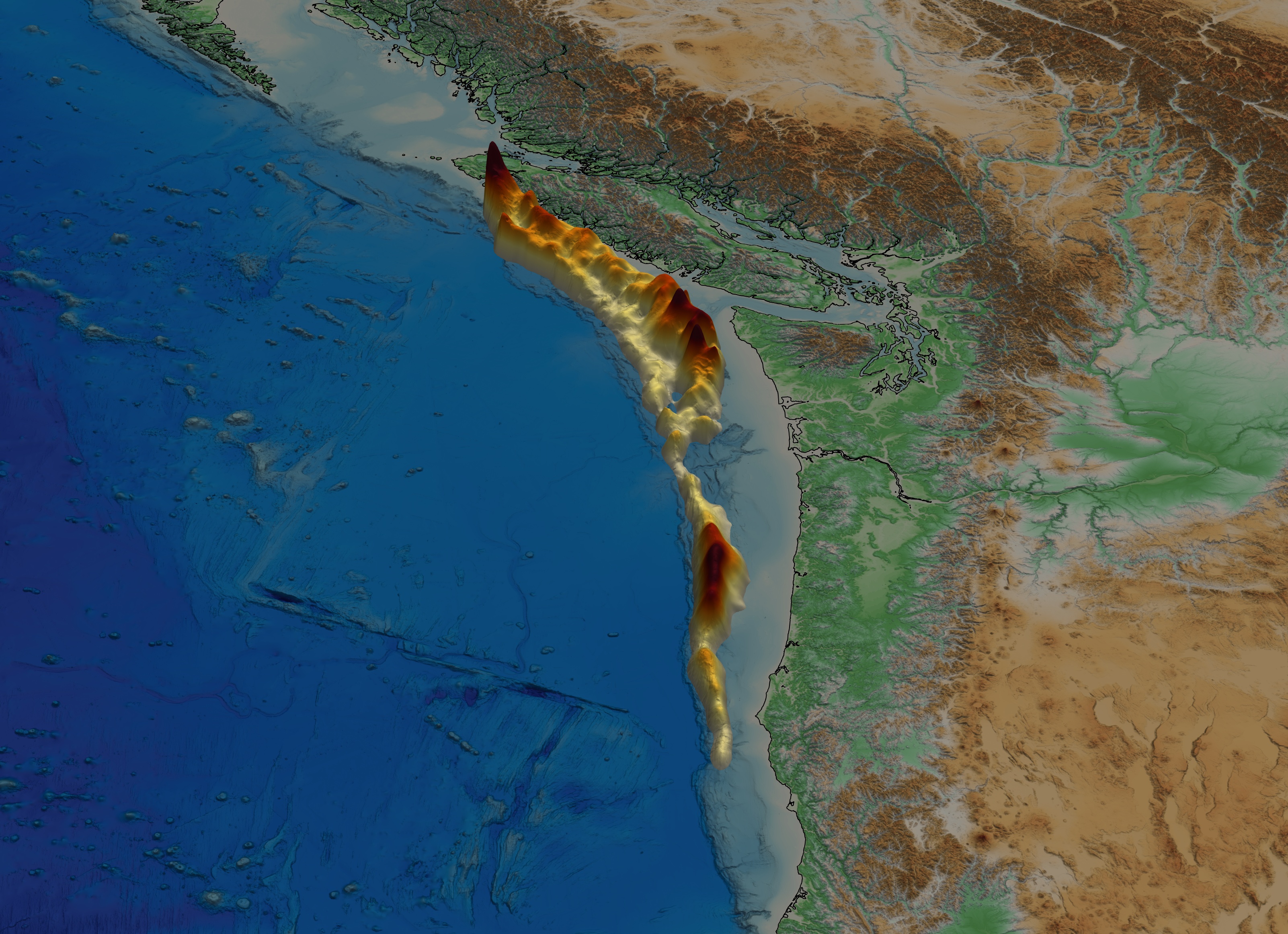A research team led by Omar Ghattas, professor of mechanical engineering and principal faculty member of the Oden Institute at The University of Texas at Austin, has been awarded the 2025 Association for Computing Machinery (ACM) Gordon Bell Prize for their work on real-time tsunami forecasting. Often referred to as the Nobel Prize of supercomputing, the Gordon Bell Prize rewards innovation in high performance computing applications in science, engineering, and large-scale data analytics. It was awarded Nov. 20 at the leading conference on high performance computing, SC25.
The team’s pioneering research has the potential to dramatically improve early warning systems for coastal communities near earthquake and tsunami prone regions. Their approach uses pressure sensor data from the seafloor combined with predictive physics-based models to create a digital twin that forecasts tsunami propagation. The novelty of the work lies in the team’s new digital twin algorithms, which achieve a 10-billion-fold speedup over current state-of-the-art methods. This means that a forecast that, until now, would have required 50 years of supercomputing time, can be issued by their digital twin in a fraction of a second – enough time to save lives.
“For the first time, we can combine real-time sensor data with full-physics modeling and uncertainty quantification – fast enough to make decisions before a tsunami reaches the shore,” said Ghattas, project lead. “It is a tremendous honor for our team to receive this highest recognition in the field of supercomputing.”

